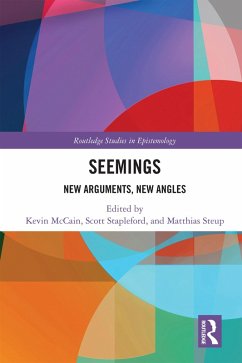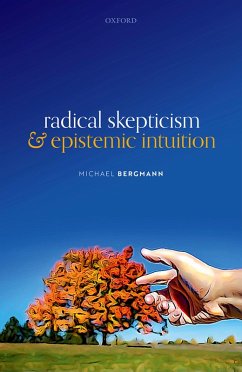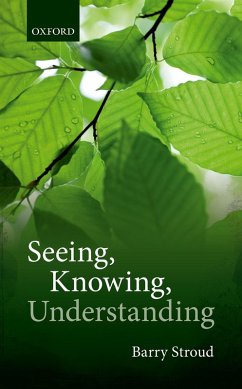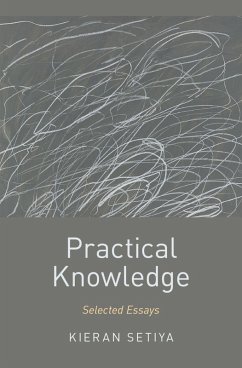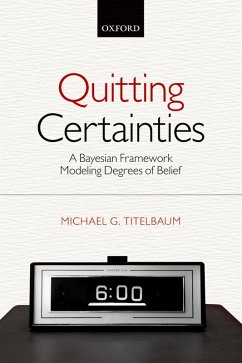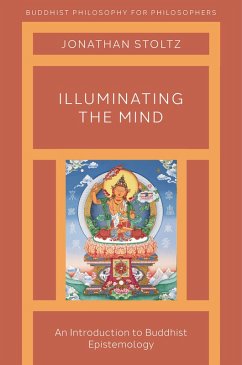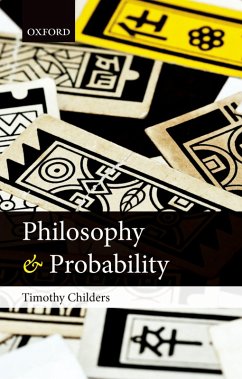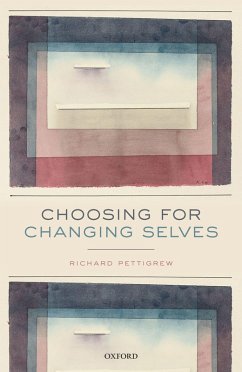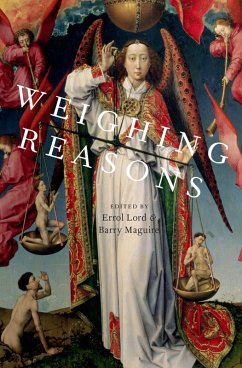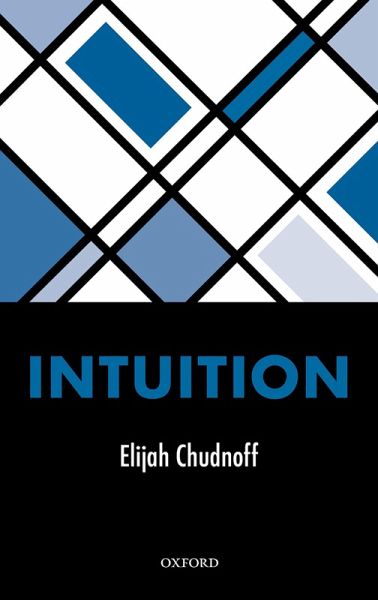
Intuition (eBook, PDF)

PAYBACK Punkte
8 °P sammeln!
We know about our immediate environment--about the people, animals, and things around us--by having sensory perceptions. According to a tradition that traces back to Plato, we know about abstract reality--about mathematics, morality, and metaphysics--by having intuitions, which can be thought of as intellectual perceptions. The rough idea behind the analogy is this: while sensory perceptions are experiences that purport to, and sometimes do, reveal how matters stand in concrete reality by making us aware of that reality through the senses, intuitions are experiences that purport to, and someti...
We know about our immediate environment--about the people, animals, and things around us--by having sensory perceptions. According to a tradition that traces back to Plato, we know about abstract reality--about mathematics, morality, and metaphysics--by having intuitions, which can be thought of as intellectual perceptions. The rough idea behind the analogy is this: while sensory perceptions are experiences that purport to, and sometimes do, reveal how matters stand in concrete reality by making us aware of that reality through the senses, intuitions are experiences that purport to, and sometimes do, reveal how matters stand in abstract reality by making us aware of that reality through the intellect. In this book, Elijah Chudnoff elaborates and defends such a view of intuition. He focuses on the experience of having an intuition, on the justification for beliefs that derives from intuition, and on the contact with abstract reality via intuition. In the course of developing a systematic account of the phenomenology, epistemology, and metaphysics of intuition on which it counts as a form of intellectual perception Chudnoff also takes up related issues such as the a priori, perceptual justification and knowledge, concepts and understanding, inference, mental action, and skeptical challenges to intuition.
Dieser Download kann aus rechtlichen Gründen nur mit Rechnungsadresse in A, B, BG, CY, CZ, D, DK, EW, E, FIN, F, GR, HR, H, IRL, I, LT, L, LR, M, NL, PL, P, R, S, SLO, SK ausgeliefert werden.




